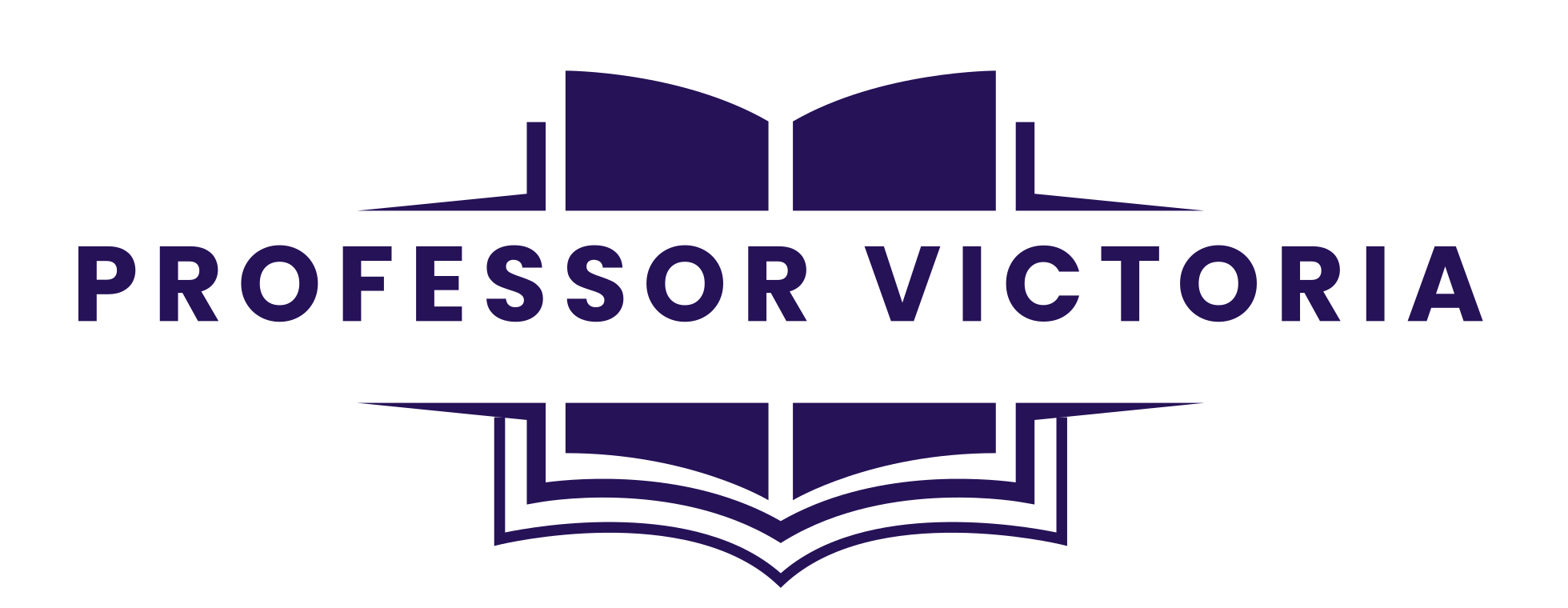Does the thought of essay writing stress you out? Do you stare blankly at your computer monitor, wondering where to start? It can be overwhelming to know where to begin, but the process can be made much easier if you follow these simple steps.
Getting Started
- Read the instructions for the essay or assignment in detail. Really understand what is being asked of you. Understand *why* your professor has given you this specific assignment. What are they hoping you will learn? If you are not sure, ask! Most professors are more than happy to clarify their expectations and learning goals for a given assignment.
- Once you have chosen a topic, start brainstorming and create an outline document. Get all of your ideas out on the page. Don’t try to make perfect points, you just want your ideas to flow. Start with a plan – what are your key messages? Who are you writing for? What do they need to know?
- Begin with the middle in mind – Too many students think they need to sit down and start writing from the very beginning. Take your brainstorming document and start grouping ideas that naturally go together. These should help form your main points. Starting with the middle will also help thoughts and ideas flow more naturally, before crafting a strong introduction.
- Make sure your introduction includes a strong thesis statement so your reader knows what you are going to address in the rest of the essay. Make sure that the topics you discuss in the body paragraphs line up with the points made in thesis statement. Remember, the introduction can also be refined later, after the body paragraphs are written.
- Use your conclusion to wrap up your arguments, restate your thesis, and emphasize the final thoughts that you want your reader to remember. Don’t just reuse your introduction, it should summarize everything in the previous paragraphs. The best conclusions leave the reader with a call to action or provocative statement.
Polishing Your Essay
- One of the best ways to make your work shine is to always use a spelling and grammar checker. Don’t assume that your work is “good enough”. Spelling and grammar errors make your writing look sloppy, and weaken your arguments. Readers will be distracted by the mistakes, and your instructors will be more concerned with counting the errors rather than assessing your ability to develop strong arguments or prove your points.
- Proofread, proofread, proofread! Even if you have used the spelling and grammar checker, it may not have picked up words that are spelled correctly but not used in the right way.
- Read your paper out loud. This helps to identify sentence fragments, run-on sentences and awkward wording. It can also help to get a sense as to whether you are using the right tone or not. You can also record yourself reading your essay and play it back while reading along to see if you can catch any additional errors.
- Look for repetition. Do you use the same words and phrases over and over again? Try to find similar words to mix it up and make your writing sound stronger. Not sure how to reword? Use a thesaurus to look up synonyms.
- Get a second opinion. Have a friend or family member read over your work to ensure that it makes sense. It can be helpful to get a different perspective – sometimes you are too close to your own work to be objective and are not able to see some of the areas that need to be clarified or tightened up.
- Cut out any unnecessary words. You might think you need to use a lot of words to explain your ideas, however, it is best to use clear language and shorter sentences to ensure your writing is understood and easy to read. Shorter sentences can help make your writing more concise and impactful.
By following these steps, you’ll not only improve your essays but also become a more confident writer!
